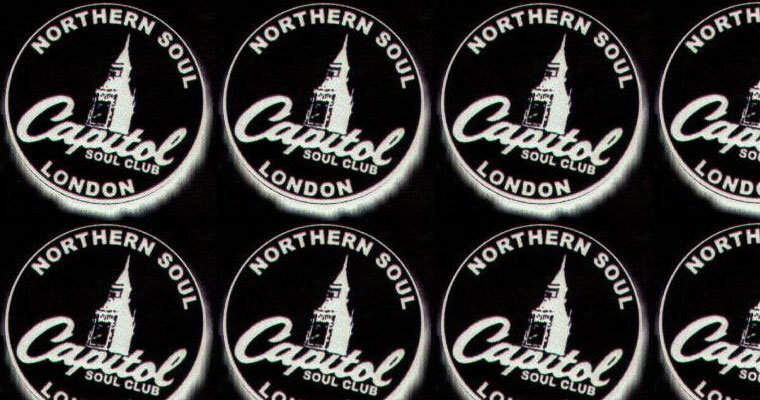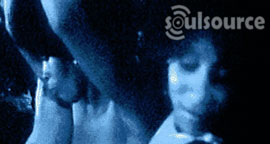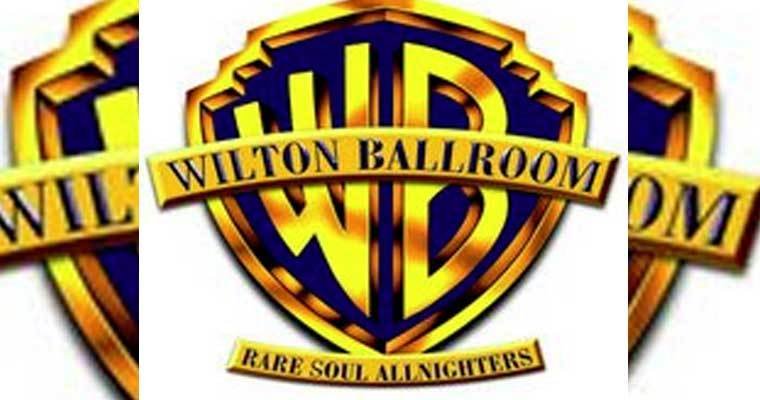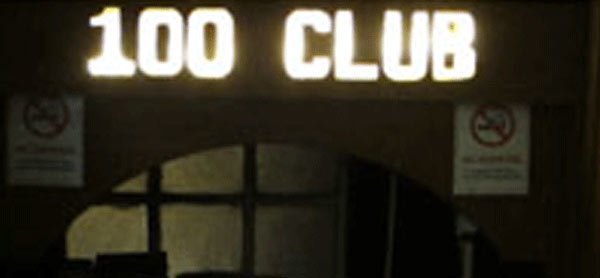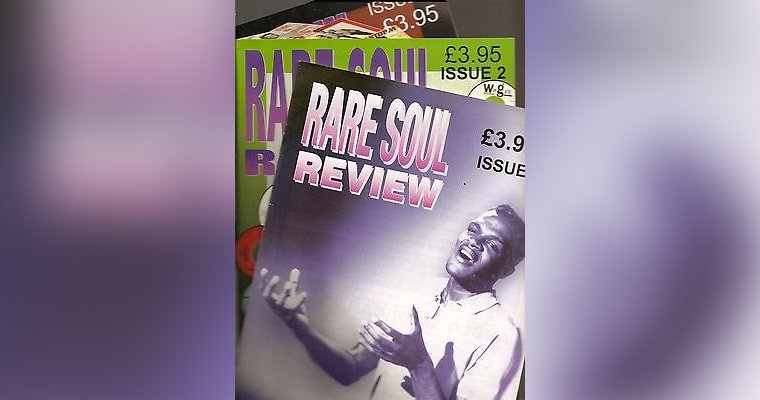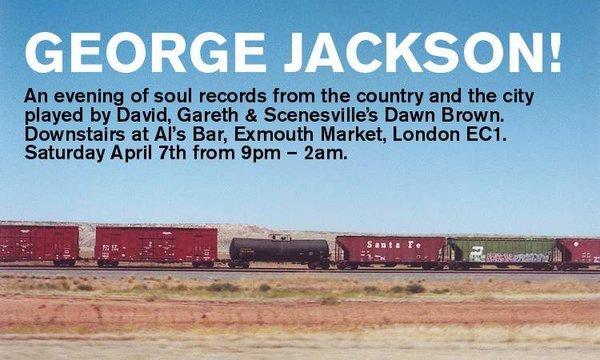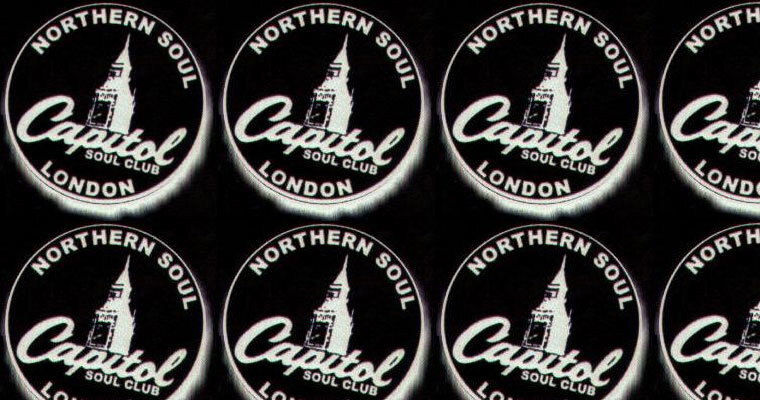CSC Dome News and Sounds!
Tunes from the Capitol - 2nd Anniversary on the 30th Nov.
In our opinion, The tunes listed below have done the business and had the biggest dance floor reaction consistently over the last 2 years. We decided to compile this list as a cheap advertisement ploy!! Cheers Mike,Right that explains that then. The D.J.s at the Capitol have provided the Scene with many great New Discoveries and have revived some of the Stafford Monsters (some are listed below) we seldom hear these days. We would like to thank everyone (Members, Djs,Websites, Fanzines, Record Dealers etc) for all the support over the last few years and long may it continue.Hope to see you all on the 30th, be early as we are expecting a large crowd -
Greg, Alan, Matt, Carl & Dave.
David Flynn (Grand Dragon of the CSC)
BENNY SPELLMAN - THIS ONES FOR YOU MY LOVE - ALON
SOUL INC. - MY PROPOSAL - COCONUT GROOVE
SEPTEMBER JONES - GIVE ME ALL OF YOUR LOVE - PIED PIPER UNISSUED
PATTI AUSTIN - THIS THING CALLED LOVE - CORAL UNISSUED
TEMPTONES - BABY YES I DO - ARCTIC UNISSUED
SIDNEY BARNES - SAFETY ZONE - JOBETE ACETATE
BARBARA MERCER - GIVE ME ANOTHER CHANCE (MY DEAR) - SIDRA UNISSUED
MONIQUE -IF YOU LOVE ME (SHOW ME) - MAURCI
JIMMIE & ENTERTAINERS - NEW GIRL - TODDLIN TOWN
SOUL SET - WILL YOU EVER LEARN - BI-ME
Irish Greg
SONATAS - GOING ON DOWN THE ROAD - HOT LINE
CONQUISTADORS - I JUST CANT STOP LOVIN YOU - ACT IV
JUDY FREEMAN - HOLD ON - UNISSUED VERSION
DUKE BAXTER - KEEP IT UP - C/UP (BJ THOMAS & THE TRIUMPHS)
CURLEY MOORE - YOU DONT MEAN - SANSU
JOHNNIE MAE MATTHEWS - DONT MESS WITH MY MAN - BIG D
JIMMY RICKS - O WHAT A FEELING - FESTIVAL
GEORGE JAY - SAY THAT YOU LOVE ME - DYNAMIC
ROCKY GIL & THE BISHOPS - ITS NOT THE END - TEARDROP
ANITA ANDERSON - SECRETLY - CONTACT
Carl Fortnum
FRANK FOSTER - MOVIN FROM DETROIT - BELL ACETATE (UNISSUED)
EDDIE CAMPBELL - CONTAGIOUS LOVE - ARTCO
FRED & TURBINS - BERNADINE - CENCO
LITTLE RICHIE - SOMETHING CALLED LOVE - C/UP
LOUIE PALMER - DONT LEAVE ME - BOOTHEEL
JIMMY & THE SUNDIALS - WHERE DID I LOSE YOU - V-TONE
ROD KEITH - LIKE THE LORD SAID - PREVIEW
TY KARIM - YOU JUST DONT KNOW - ROMARK
ANTELLECTS - LOVE SLAVE - FLODAVIEUR
ESTER GRANT - LETS GET THE MOST OUT OF LOVE - WILSTONE
Alan Handscombe
ALLEN SISTERS - IN WITH THE DOWNTOWN CROWD - QUALITY
JENNIFER WELLS - DINING OUT IN CHINATOWN - GENUINE
BARBARA REDD - ILL BE ALL ALONE - S.P.Q.R.
CURTIS KNIGHT - VOODOO WOMEN - GULF
EL COROLS - CHICK CHICK - ROUSER
SAMMY RIDGLEY - LOCKED UP - HIT SOUND
ISONICS - SUGUR - KAMMY
JOHNNY GILLIAM - FIND YOURSELF ANOTHER - BOMAR
MOUSIE & THE TRAPS - HOW ABOUT YOU - TODDLIN TOWN
PEGGY PAXTON - AINT WHAT YOU DO - PAULA
The first 50 punters will receive a free tape which includes unissued material and many monster tracks (some are listed below).
Each punter on entry to the Venue will get a free 2nd Anniversary pin badge.
Sample of Tracks on Free Tape.
Liz lands - Midnight Johnny - Unissued Version
Hattie Littles (Unissued)
Districts - One lover just wont do - Nile
Barbara Mercer - Unissued Sidra
Donna Loren - Blowing out the candles - capitol
Joe Tex - Don't play - Checker (current RnB biggie)
Zenobia Bonner - All Alone - Accident
El Corals (Rouser) - Chcik Chick




